The New Terrain: Information or Infodemic?
The digital age has thrown us into a pool of information. But there’s a catch: not all of it is accurate. We’re now grappling with infodemics and misinformation. The researchers and authorities urge us to be vigilant. They say education is our best defence against this modern-day epidemic of false information.
Why is Corroboration Important?
In a world rife with fake news and deceptive websites, the need to corroborate information has never been more pressing. But what does “corroborate” really mean? It’s more than just double-checking facts; it’s about verifying sources, cross-referencing data, and approaching information critically.
Psychology: The Barrier to Verification
You’d think corroborating information would be straightforward, but our brains are hardwired with biases that often deter us. Confirmation bias, for example, can close our eyes to facts that contradict our preconceived beliefs. The visual appeal of a website or social media post can also mislead us into thinking it’s credible. So, how do we overcome these hurdles?
Civic Online Reasoning: A New Skill
Civic online reasoning has emerged as a skill set vital for modern citizens. It goes beyond traditional fact-checking. It involves effective searching, evaluating, and verifying social and political information online. In a democracy, where accurate information is the linchpin, cultivating this skill becomes crucial.
Education’s Role in Enhancing Civic Online Reasoning
Studies have shown that many young people, often seen as digital natives, still struggle to determine the credibility of online information. It calls for an educational framework beyond teaching basic internet skills to include lessons on media literacy and critical thinking.
Case in Point: Swedish Study on Misinformation
A Swedish study involving 2,216 upper secondary school students found a link between education, self-rated skills, and attitudes related to civic online reasoning. The results point to a growing need for educators to focus on this skill to better equip the younger generation for the challenges of misinformation.
So, How Do We Corroborate in a Digital World?
- Source Verification: Always check where the information is coming from.
- Cross-Reference: Use multiple reliable sources to verify facts.
- Look for Author Credentials: Experts in the field are usually more reliable.
- Use Fact-Check Websites: Websites like Snopes can be beneficial.
- Avoid Clickbait: Sensational titles often lead to unreliable content.
Conclusion: Why Corroboration Matters Now More Than Ever
In this complex landscape, the ability to corroborate can serve as your compass. It’s not just about being an intelligent consumer of information; it’s about being a responsible citizen. It’s about creating a society where truth prevails over falsehood, where facts triumph over fake news. So, the next time you read something that makes you raise an eyebrow, take a moment to corroborate. Your democracy may depend on it.
FAQs
What is the Main Topic of This Article?
The article delves into the concept of “corroboration” in the context of the digital age. It explores why corroborating information is essential and how to do it effectively, especially when swamped with misinformation.
Why is the Term “Corroborate” Important?
In the era of fake news and disinformation, the need to “corroborate” or verify facts has become increasingly critical. It’s not just about confirming what you know; it’s about questioning, cross-referencing, and ensuring the reliability of your sources.
What is Civic Online Reasoning?
Civic online reasoning is a modern skill set that effectively searches, evaluates, and verifies social and political information online. It’s seen as a vital competency for citizens in a democratic society.
Why Do Young People Struggle with Corroboration?
The article cites a Swedish study indicating that many young people, despite being considered digital natives, struggle with determining the credibility of online information. It suggests a gap in education around media literacy and critical thinking skills.
How Can I Corroborate Information Effectively?
- Source Verification: Always check the source of the information.
- Cross-Reference: Confirm facts through multiple, credible channels.
- Author Credentials: Experts in the field are often reliable sources.
- Use Fact-Check Websites: Sites like Snopes can be a good resource.
- Avoid Clickbait: Sensational titles often mislead.
What’s the Big Deal? Why Should I Corroborate?
Corroboration is not just a good-to-have skill; it’s a must-have. It’s about being a responsible consumer of information and, by extension, an accountable citizen. In a democracy, the truth is not just a luxury; it’s a necessity.
Does the Article Discuss Psychological Barriers to Corroboration?
Yes, the article talks about how psychological factors like confirmation bias and misleading visual cues can make corroborating information challenging.
What Role Does Education Play in All of This?
The article suggests that educational frameworks should evolve to include media literacy and critical thinking skills to help young people become better at corroborating information.


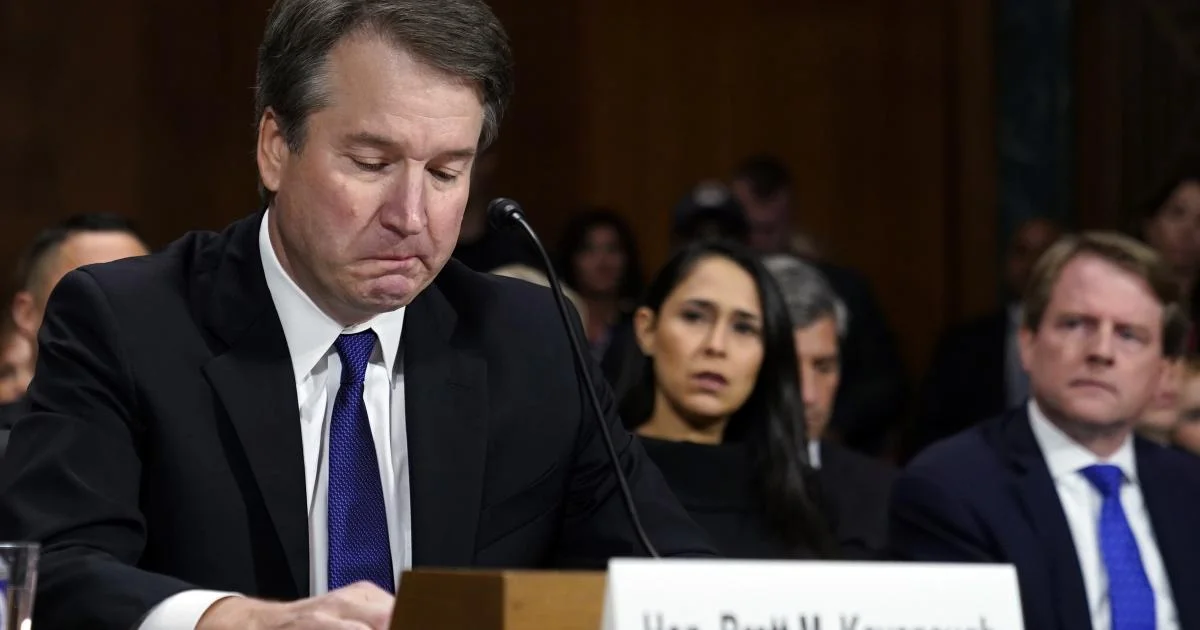


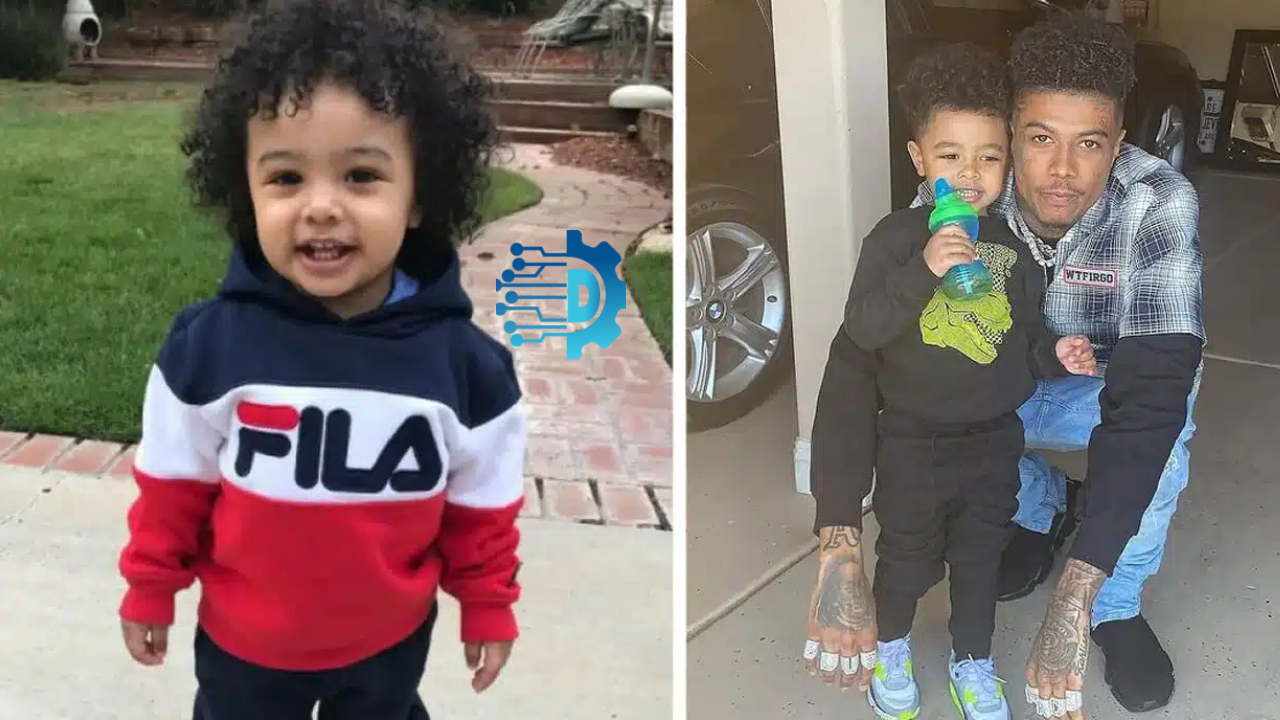
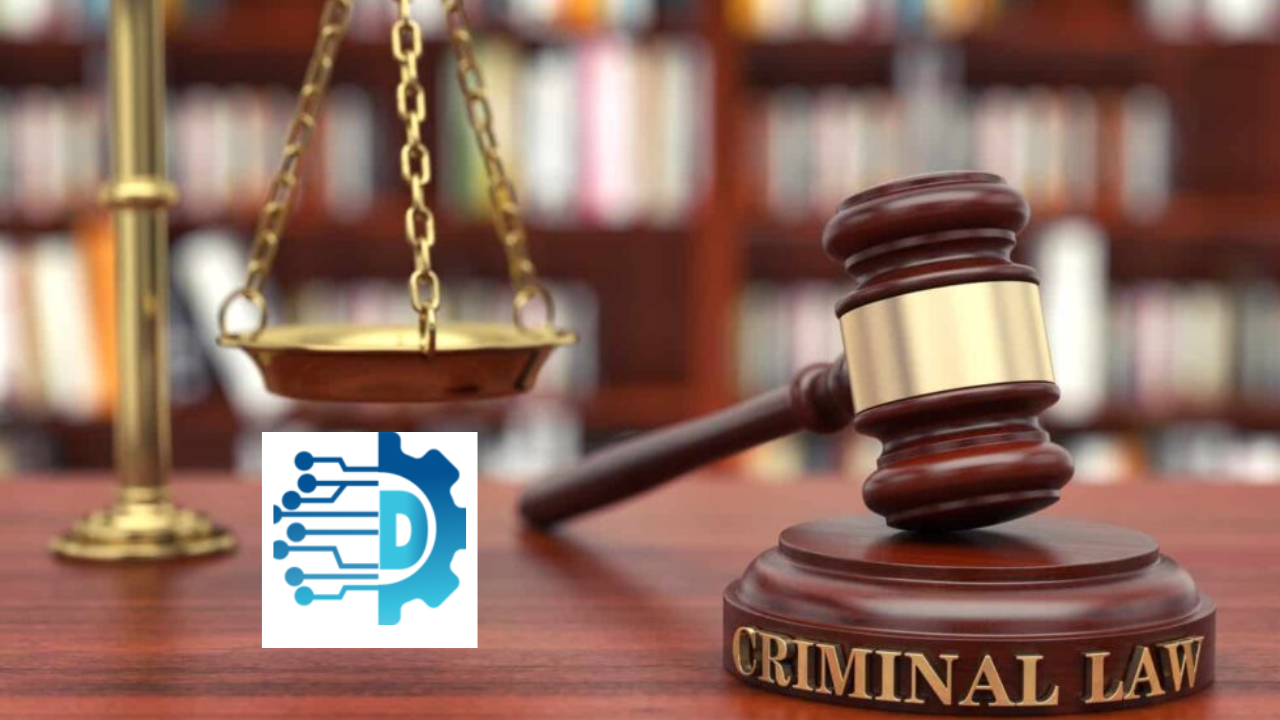
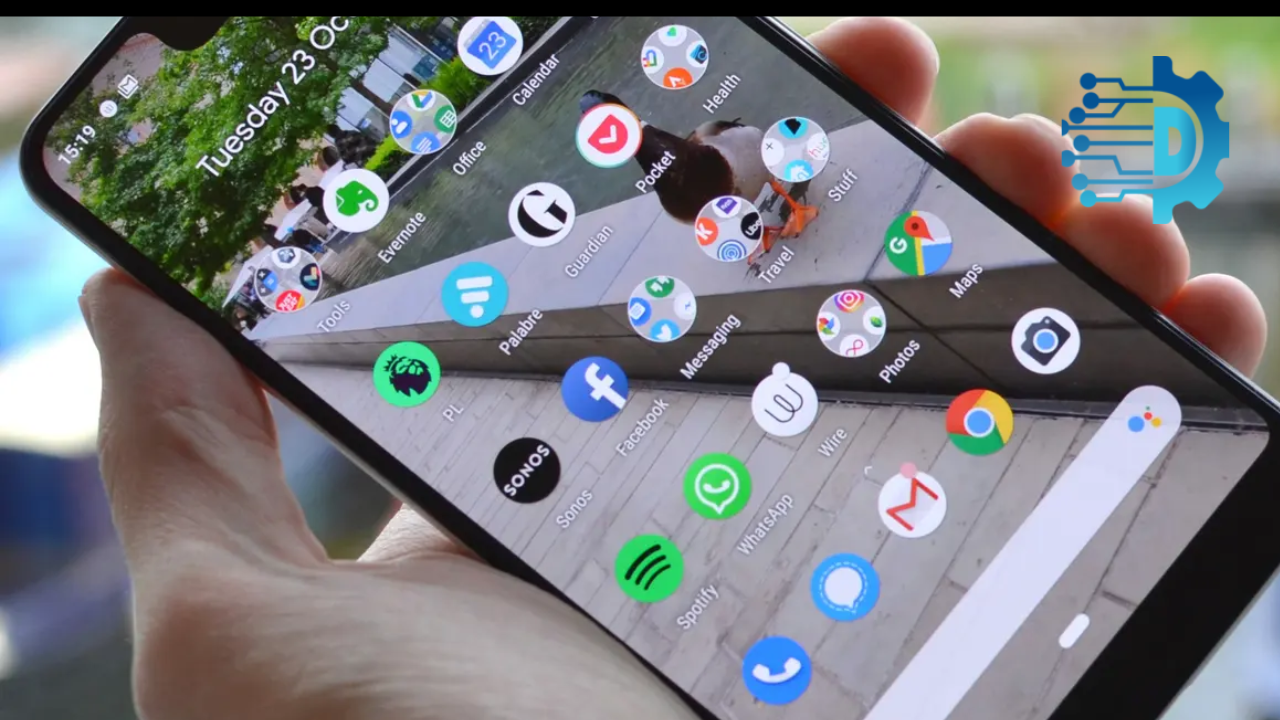
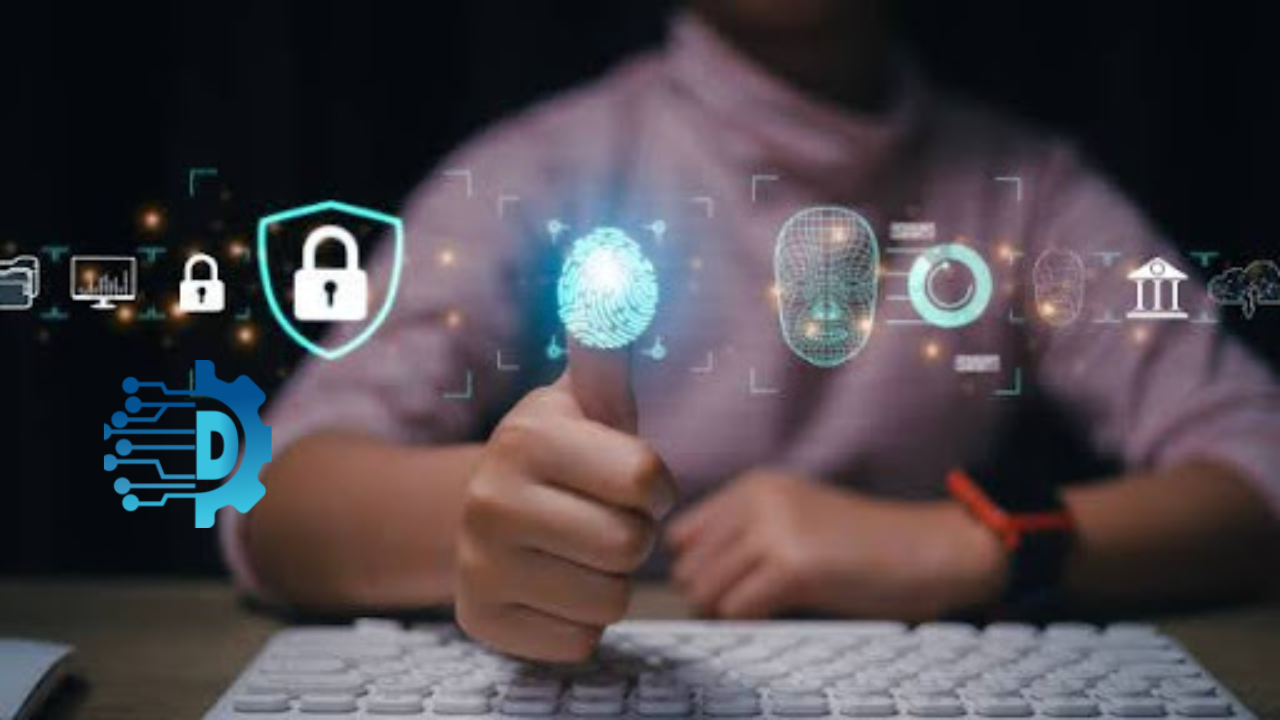
Leave a Reply